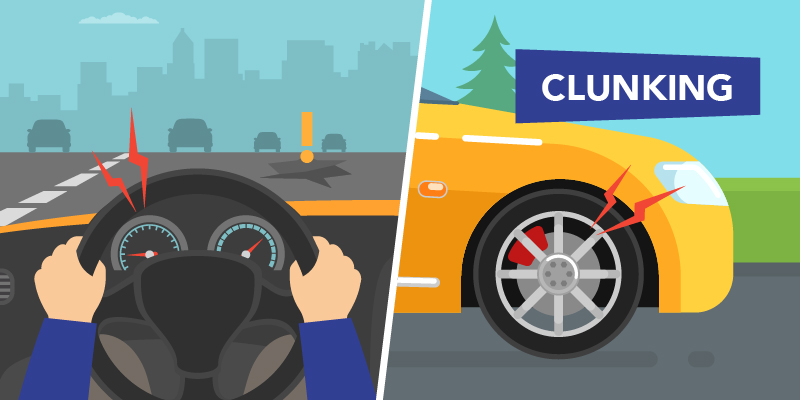What Does That Strange Car Noise Mean? A Guide to Warning Sounds You Shouldn’t Ignore

(Photo credit: My Tyre)
When you drive your car every day, you usually recognize how it feels and sounds. So, when an unusual noise suddenly shows up — whether it’s a squeak, knock, or hum — it’s often your car’s way of telling you something isn’t right. Ignoring these warning sounds might not only lead to expensive repairs but could also compromise your safety on the road.
Here’s a guide to some of the most common car noises, what they might mean, and what you should do about them.
1. Squeaking When You Step on the Brakes
A high-pitched squeal every time you press the brake pedal usually means your brake pads are worn out or there’s dirt lodged in the brake system. If ignored, the brake pads may wear down completely, damaging the rotors and putting you at risk of brake failure. It’s best to have them checked and replaced immediately.
2. Clunking or Knocking Under the Car
Hearing a “clunk” when going over bumps or making sharp turns often points to worn suspension parts, ball joints, or bushings. These parts keep your car stable. If they fail, handling becomes unsafe, especially at higher speeds.
3. Whining or Squealing While Accelerating
If the engine makes a whining or squealing sound when you press the accelerator, it could be a worn serpentine belt or a failing belt tensioner. A broken belt can cause your alternator, air conditioning, or even power steering to stop working, which may leave you stranded.
4. Thumping or Rumbling From the Wheels
Unusual noises coming from the wheels often mean tire or wheel issues. Common causes include uneven tire wear, a bulge in the tire, or a failing wheel bearing. Driving on bad tires can lead to blowouts, while faulty bearings can make your wheels unsafe.
5. Knocking Sounds From the Engine
If you hear knocking inside the engine, it might be caused by low engine oil or pre-ignition (engine knocking), where fuel burns at the wrong time. This problem can seriously damage your engine, so check your oil level and get a mechanic to inspect it right away.
6. Humming or Drone Noise at High Speeds
A low humming or droning noise when driving at 80–100 km/h often indicates wheel imbalance or misaligned tires. Besides being noisy, these issues cause your tires to wear unevenly and reduce vehicle stability. A wheel alignment or balancing service should fix it.
Tips for Dealing With Strange Car Noises
- Don’t ignore unusual sounds, especially if they happen often.
- Record the noise or note when it happens to help your mechanic identify the problem.
- Get your car checked regularly, particularly before long trips.
- When in doubt, visit a trusted service center or mechanic as soon as possible.
Final Thoughts
Strange noises from your car aren’t just annoying — they’re warning signs. Paying attention to them and fixing problems early helps you avoid breakdowns, saves money on costly repairs, and keeps your car safe for every journey.
Claim your free car valuation today!
Read More: Warning Signs of Worn-Out Brake Pads
Looking for a car appraisal? You can contact us for a free car valuation within 24 hours…
